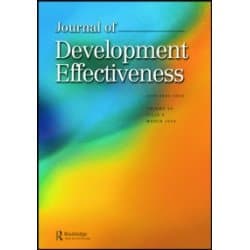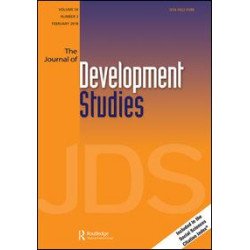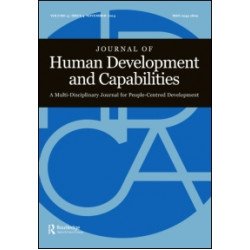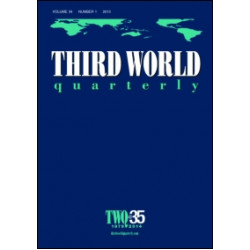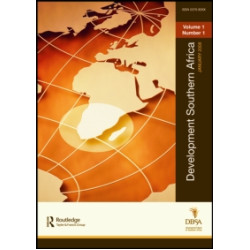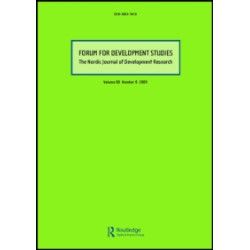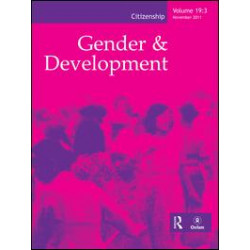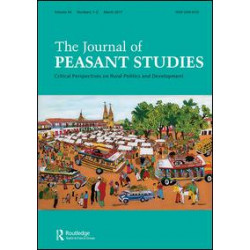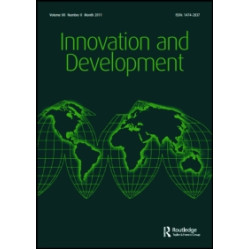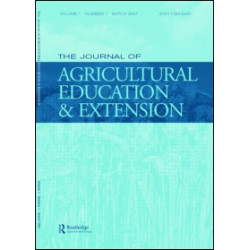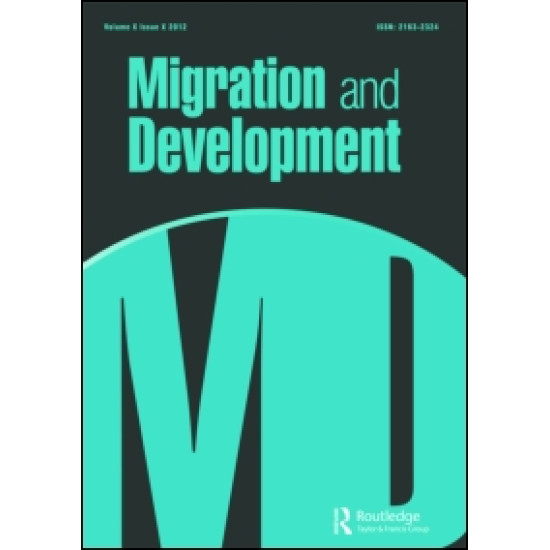
Migration is a multi-dimensional, multifaceted and complex global phenomenon that affects every country in the world. Almost all sovereign countries in the world are either points of origin, transit points or destination countries for migrants, often combinations of all three or any two, at any point of time.
A new journal in 2012, Migration & Development invites contributions to highlight the various facets of international migration beyond the conventional lines such as the migration-development nexus, to borderless migration, refugees, return migration, labour laws, policy changes and the implications of all of them for both the sending and receiving countries. The journal aims to:
• broaden the understanding of different types of migration, official and unauthorized, and their contribution to the demographic, social and economic changes both in the countries of origin and destination.
• examine the economic implications of remittances, and their social and psychological costs on different segments of the population (children, women and the elderly)
• explore cross-border migration – the processes, magnitudes and its implications
• understand the health implications of international migration, particularly for the countries of origin – from the emergence of epidemics and other communicable diseases, their control and cure to the treatment of life-style diseases such as hypertension, cardiovascular ailments and diabetes.
• stimulate studies on problems faced by the migrants in the receiving countries, and both the negative and positive impact of migrants in the receiving countries in different parts of the world.








